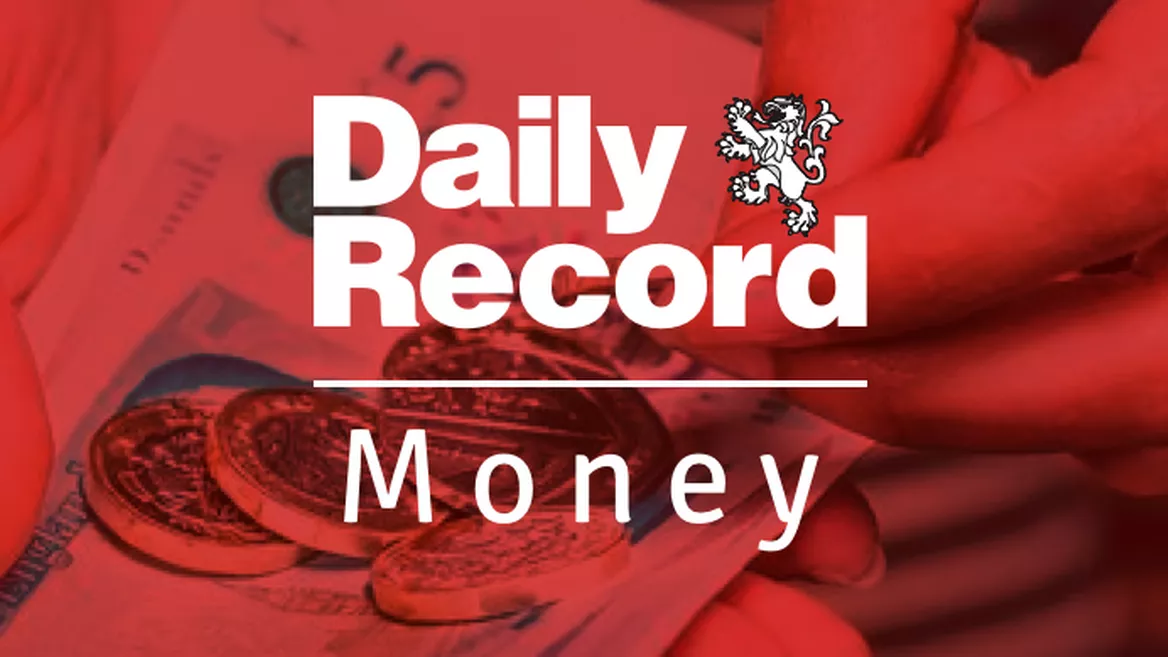The Personal Allowance is set to remain frozen at £12,570 until April 2028.
10:22, 22 Jul 2025Updated 17:38, 24 Jul 2025
A new online petition is calling on the UK Government to increase the personal tax allowance from £12,570 to “at least £25,000” to help support pensioners in retirement. The Labour Government announced earlier this year that the Personal Allowance will remain frozen at £12,570 until April 2028.
Petition creator Rosemary Grey argues that raising the income threshold would “support our older citizens, many of whom have already contributed by paying tax during their working life”.
The e-petition has been posted on the UK Government’s Petitions Parliament website. At 10,000 signatures of support it would be entitled to a written response from the UK Government, at 100,000, it would be considered by the Petitions Committee for debate in Parliament.
READ MORE: People working past State Pension age this year due wages boost from employer – how to claimREAD MORE: New State Pension age set to change next year for people with these birthdays
The latest figures from the Department for Work and Pensions (DWP) show there are now 13 million people of State Pension age across the country. The current official age of retirement is 66 and set to rise to 67 between 2027 and 2028.
HM Revenue and Customs (HMRC) data indicates that 8.7m pensioners are projected to pay income tax on their retirement income in 2025/26. It marks an increase of around 420,000 compared to the previous year (2024/25) and a rise of 1.85m from 10 years ago (2015/16).
The full annual New State Pension reached £11,973 in 2025/26, tipping hundreds of thousands more pensioners into paying income tax.
The UK Government has also confirmed it will honour the Triple Lock policy during this parliamentary term. However, this could see everyone on the full, New State Pension pushed over the tax threshold in just two years’ time.
David Brooks, head of policy at leading independent consultancy Broadstone, said: “We would expect a growing number of pensioners to be liable for income tax as the country’s demographic changes due to our ageing population.
“Fiscal drag, however, is also bringing hundreds of thousands more pensioners into paying Income Tax bracket every year as the frozen Personal Allowance thresholds combines with the Triple Lock-protected State Pension.
“While perhaps personally frustrating for many pensioners, it reflects the nature of inflation linked occupational pensions and a Triple-locked State Pension that continues to rise.”
He added: “The government will be called on again to protect pensioners from this impact but with seemingly few ways to control the rise in pensioner incomes, taxation is the only tool left.
“We should also expect the income tax from pensioners to rise in coming years as more income will be taken from pensions. Taking pension income is the key way to protect pension benefits from the impact of the Inheritance Tax Rules on unspent pension funds due to come in from April 2027.”
Under the Triple Lock policy, the New and Basic State Pensions increase each year in-line with whichever is the highest between the average annual earnings growth from May to July, CPI in the year to September, or 2.5 per cent. It is aimed at preventing the value of the State Pensions being whittled away by cost of living pressures.
The New and Basic State Pensions increased by 4.1 per cent in April, however, future forecasts from the Labour Government expect it to rise by 2.5 per cent over the next four financial years.
Using these calculations, it puts the full New State Pension on track to be worth £12,578.80 in the 2027/28 financial year – £78.80 over the Personal Allowance.
While the amount of State Pension to be taxed may seem relatively small – tax is only paid on the amount over the Personal Allowance – older people with other income streams could find themselves having to part with more cash to pay a tax bill – if it’s not automatically deducted from private or workplace pensions through PAYE.
Online guidance at GOV.UK on who might need to pay tax on their pension also includes a handy tool to calculate how much tax someone might need to pay, and the different ways this can be done.
The latest State Pension Triple Lock predictions show the following projected annual increases:
- 2025/26 – 4.1%, the forecast was 4%
- 2026/27 – 2.5%
- 2027/28 – 2.5%
- 2028/29 – 2.5%
- 2029/30 – 2.5%
State Pension payments 2025/26
Full New State Pension
- Weekly payment: £230.25
- Four-weekly payment: £921
- Annual amount: £11,973
Full Basic State Pension
- Weekly payment: £176.45
- Four-weekly payment: £705.80
- Annual amount: £9,175
Future new State Pension forecasts
Under a 2.5 per cent increase, the full New State Pension will be worth:
- 2026/27 – £236 per week, £12,227.30 a year
- 2027/28 – £241.90 per week, £12,578.80 a year
What is taxed
Guidance on GOV.UK states: “You pay tax if your total annual income adds up to more than your Personal Allowance. Find out about your Personal Allowance and Income Tax rates.
Your total income could include:
- the State Pension you get – Basic or New State Pension
- Additional State Pension
- a private pension (workplace or personal) – you can take some of this tax-free
- earnings from employment or self-employment
- any taxable benefits you get
- any other income, such as money from investments, property or savings
Check if you have to pay tax on your pension
Before you can check, you will need to know:
- if you have a State Pension or a private pension
- how much State Pension and private pension income you will get this tax year (April 6 to April 5)
- the amount of any other taxable income you’ll get this tax year (for example, from employment or state benefits)
You cannot use this tool if you get:
- any foreign income
- Marriage Allowance
- Blind Person’s Allowance
Use this online tool at GOV.UK to check if you have to pay tax on your pension.
The full guide to tax when you get a pension can be found on GOV.UK here.
 Get the latest Record Money news
Get the latest Record Money news
Join the conversation on our Money Saving Scotland Facebook group for money-saving tips, the latest State Pension and benefits news, energy bill advice and cost of living updates.
Sign up to our Record Money newsletter and get the top stories sent to your inbox daily from Monday to Friday with a special cost of living edition every Thursday – sign up here.
You can also follow us on X (formerly Twitter) @Recordmoney_ for regular updates throughout the day or get money news alerts on your phone by joining our Daily Record Money WhatsApp community.
